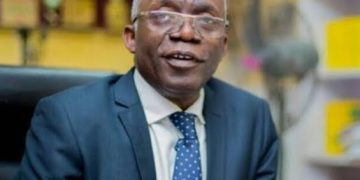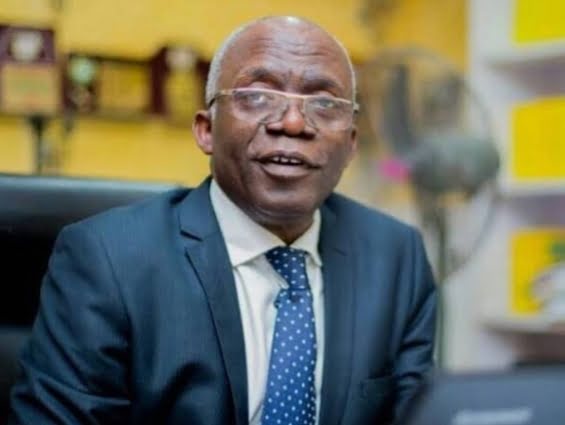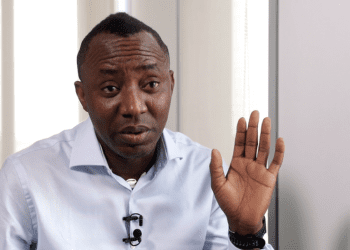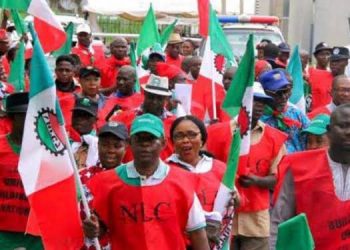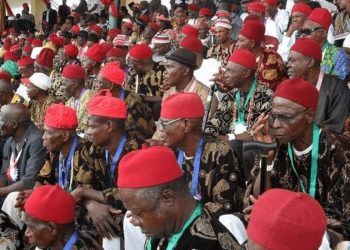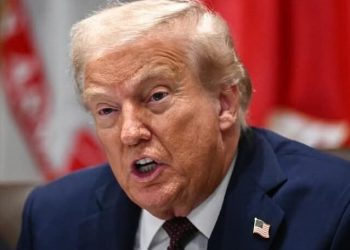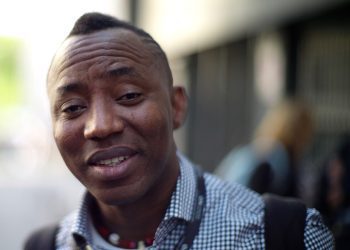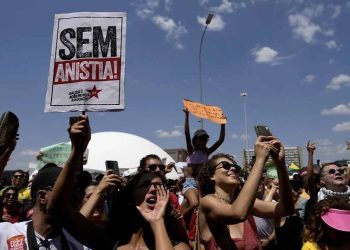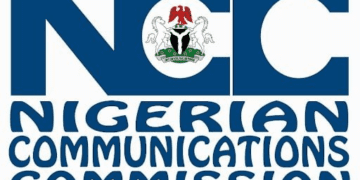Femi Falana, a well-known human rights lawyer and Senior Advocate of Nigeria (SAN), has strongly criticized President Bola Tinubu’s decision to remove fuel subsidy. According to him, the policy has not helped Nigerians but instead made life much harder, and he described it as a serious economic mistake.
Falana is not new to this debate. Back in 2012, he was one of the leading voices during the Occupy Nigeria protests, which opposed former President Goodluck Jonathan’s attempt to remove the subsidy. He explained that, more than ten years later, the story is still the same: subsidy removal has not brought relief to the people but has only created more hardship.
Speaking during an interview on Channels Television’s Politics Today on Sunday, Falana reminded Nigerians that the subsidy argument has been around for decades. He said it is mainly based on advice from international financial bodies like the International Monetary Fund (IMF) and the World Bank, whose policies, in his view, often make poor countries even poorer.
Falana said clearly: “I have always opposed fuel subsidy removal since 2012. No country in the world has completely removed subsidies. Even developed nations like the United States, the United Kingdom, France, and others still subsidize electricity, farming, and many other parts of their people’s lives.”
He accused the IMF and the World Bank of pushing Nigeria in the wrong economic direction, including forcing subsidy removal and the devaluation of the naira. He urged President Tinubu to stop following these foreign prescriptions and instead choose a more independent path that fits Nigeria’s reality.
According to Falana, Tinubu’s decision has already created more suffering and social tension across the country. He warned that the government cannot keep taking foreign advice blindly, saying:
There is no country in the world that has succeeded by following the IMF and World Bank’s instructions. The Nigerian government must review its entire economic program, not just handle one issue at a time. You cannot devalue the currency, dollarize the economy, and at the same time remove subsidies. That combination is destructive.
Falana also expressed concern over the increasing use of the dollar in Nigeria’s economy. He criticized President Tinubu for giving football players cash in foreign currency, saying such actions weaken confidence in the naira.
As a solution, he advised Nigeria to consider joining BRICS as a full member. BRICS is a group of fast-growing economies like Brazil, Russia, India, China, and South Africa, that work together to reduce dependence on Western countries. The group now has more members and seeks to give developing nations, also known as the Global South, more influence in world affairs. Falana believes that BRICS offers Nigeria a better chance to escape over-reliance on the dollar and Western financial institutions.
He emphasized the need to protect and strengthen the naira, which is Nigeria’s legal tender. He reminded Nigerians that under Section 20 of the Central Bank Act, it is actually a crime to reject the naira in transactions.
Falana concluded by saying: If we allow people to keep paying school fees in dollars, buying properties in dollars, and even giving bribes in dollars, then the economy will never be stable. Once you devalue your currency in a country that depends heavily on imports, you are already destroying the economy.
